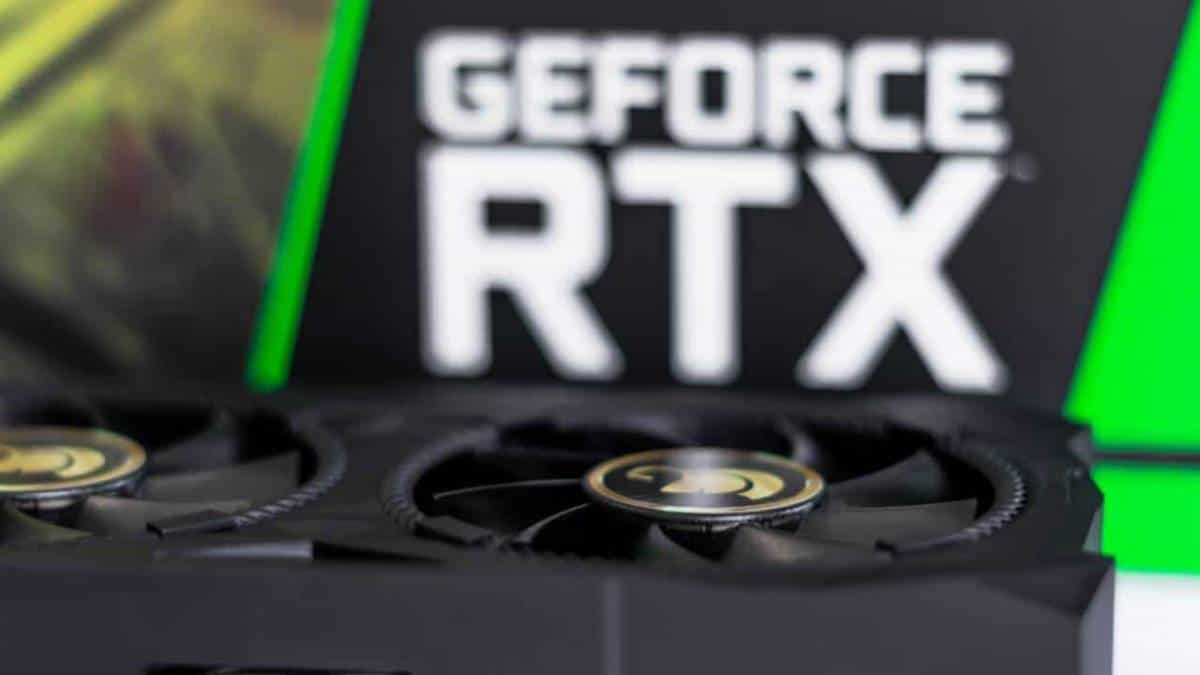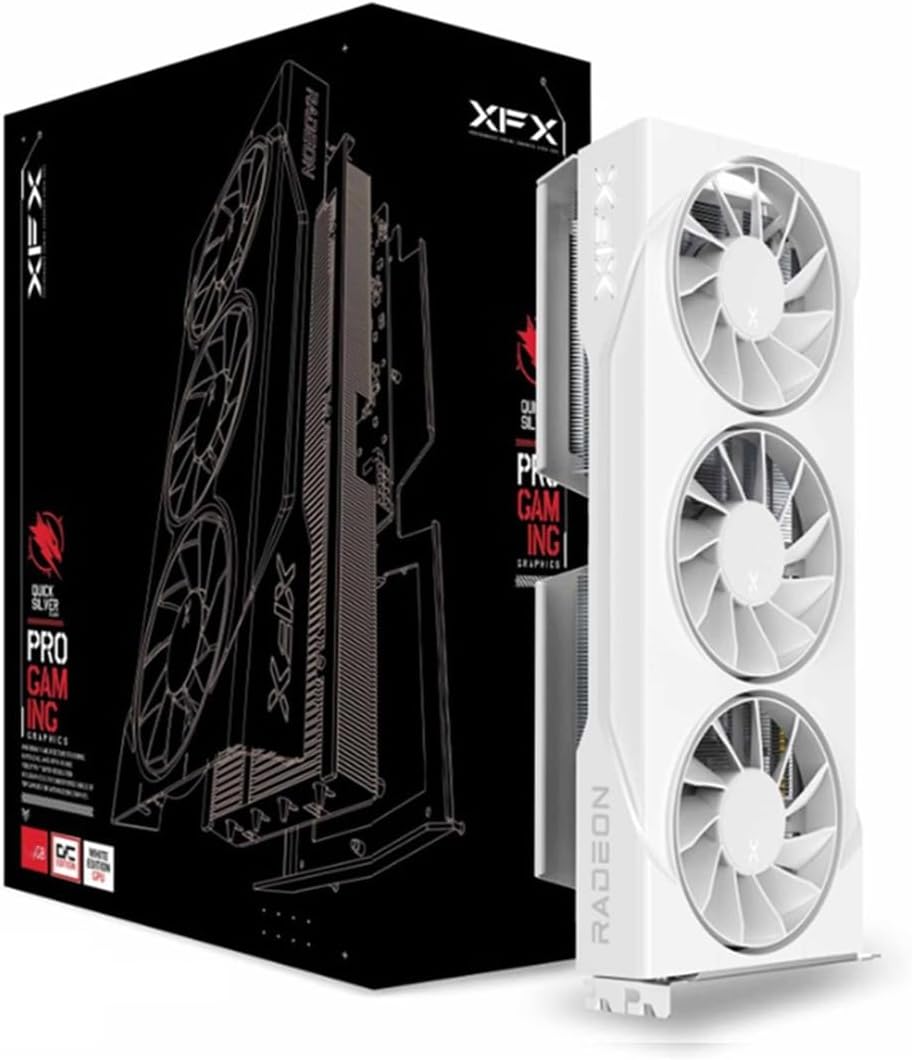Nvidia reportedly preparing a new flagship AI chip for Chinese market, but it’s probably not at full-power

Table of Contents
According to Reuters in Singapore, Nvidia is developing a China-compatible version of its latest AI chip, the “Blackwell” series, to comply with current U.S. export restrictions. This move highlights the ongoing struggle between the U.S. and China in the race for AI dominance.
Unveiled in March 2024, the Blackwell series boasts significant performance improvements and should be powering the next-gen RTX 50 series. Combining double the silicon compared to previous offerings, the B200 chip within the series is reportedly 30 times faster for specific tasks like chatbot response generation.
Prime Day is finally here! Find all the biggest tech and PC deals below.
- Sapphire 11348-03-20G Pulse AMD Radeon™ RX 9070 XT Was $779 Now $739
- AMD Ryzen 7 7800X3D 8-Core, 16-Thread Desktop Processor Was $449 Now $341
- ASUS RTX™ 5060 OC Edition Graphics Card Was $379 Now $339
- LG 77-Inch Class OLED evo AI 4K C5 Series Smart TV Was $3,696 Now $2,796
- Intel® Core™ i7-14700K New Gaming Desktop Was $320.99 Now $274
- Lexar 2TB NM1090 w/HeatSink SSD PCIe Gen5x4 NVMe M.2 Was $281.97 Now $214.98
- Apple Watch Series 10 GPS + Cellular 42mm case Smartwatch Was $499.99 Now $379.99
- ASUS ROG Strix G16 (2025) 16" FHD, RTX 5060 gaming laptop Was $1,499.99 Now $1,274.99
- Apple iPad mini (A17 Pro): Apple Intelligence Was $499.99 Now $379.99
*Prices and savings subject to change. Click through to get the current prices.
The B20 chip could be China-only
While Nvidia has yet to officially announce the China-specific chip, sources familiar with the matter say it’s tentatively named “B20.” The company is reportedly partnering with Inspur, a major Chinese distributor, to launch and distribute the chip in the Chinese market. The development comes amidst tightened U.S. export controls on advanced semiconductors to China, implemented in 2023. These restrictions aim to curb China’s military advancements by hindering supercomputing capabilities.
Competition from China
Since the implementation of U.S. export controls, popular Chinese companies like Huawei and Enflame have gained traction in the domestic AI chip market. This China-specific B20 chip is seen as a strategic move by Nvidia to maintain its market share as competition grows. Despite the sanctions, China remains a significant market for Nvidia, accounting for roughly 17% of its revenue in the year ending January 2024. This number has dropped from 26% two years prior, highlighting the impact of the sanctions.

What this means for Nvidia fans
For Nvidia fans, the news of a modified flagship AI chip for the Chinese market is a mixed bag. On one hand, it signals Nvidia’s commitment to maintaining a strong presence in the world’s largest market for tech. This could potentially lead to faster adoption of Nvidia’s advanced AI technologies in various applications. On the other hand, the creation of a separate, potentially less powerful version for China might raise concerns about the availability and performance of top-tier Nvidia hardware regions outside the U.S. Ultimately, the impact on Nvidia fans will depend on the specific capabilities of the China-specific chip and how it compares to the global version, something which we are still waiting to see.
The situation highlights the complex interplay between tech innovation and geopolitical tensions. Nvidia’s China-specific B20 chip is just one example of how companies are navigating a landscape where advancements in AI are mixed with matters of national security. This trend is likely to continue shaping the future of the AI chip industry.
Deal of the day

XFX Swift AMD RX 9060 XT OC (16GB White Edition)

